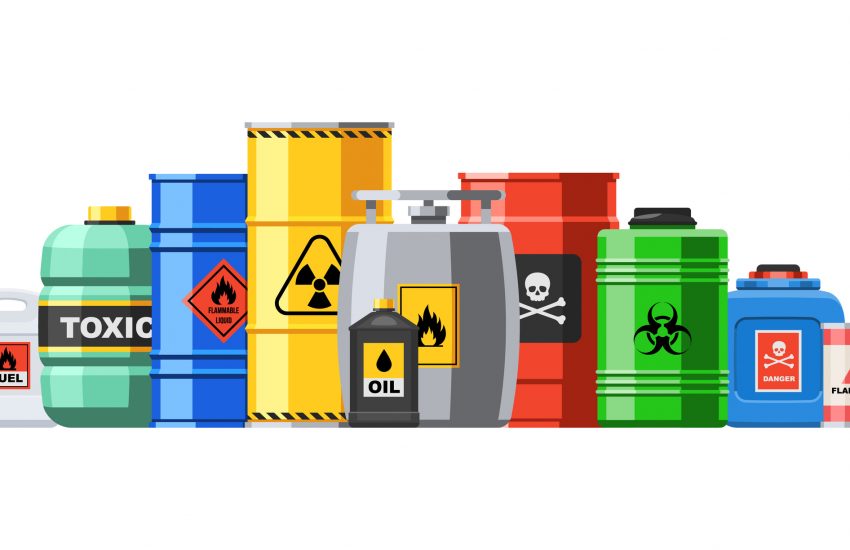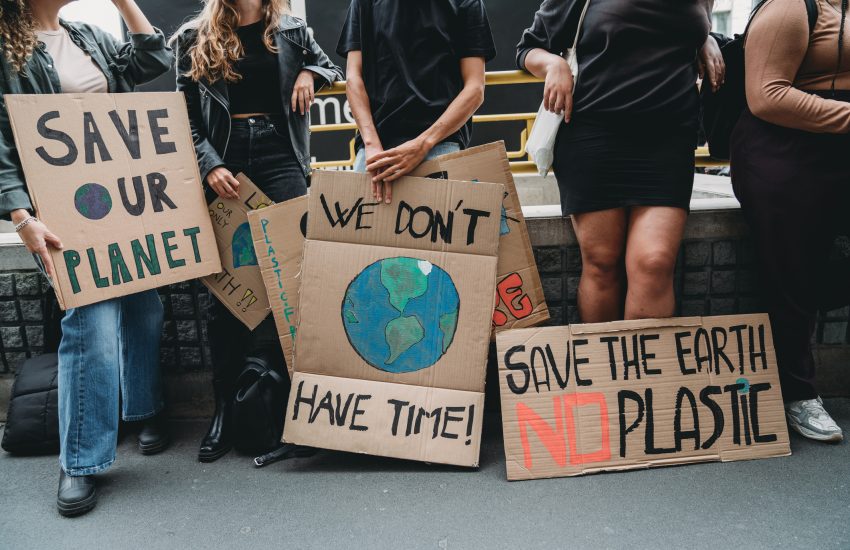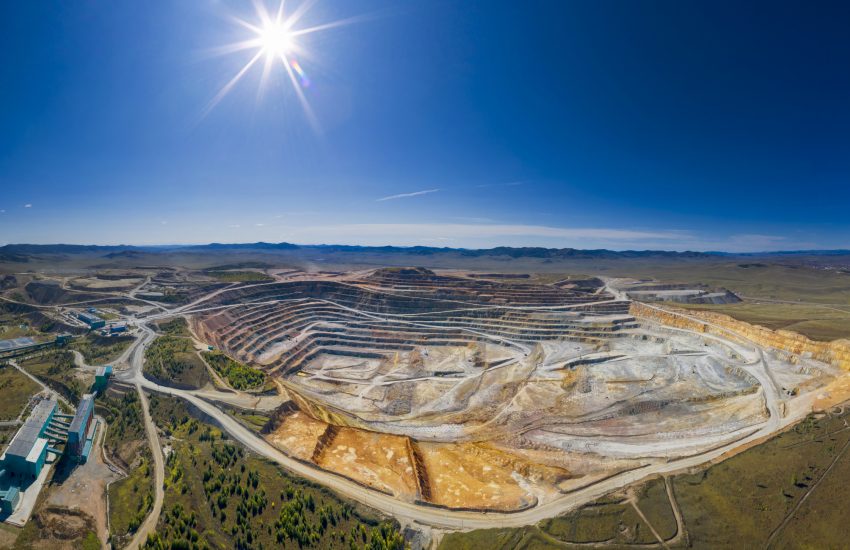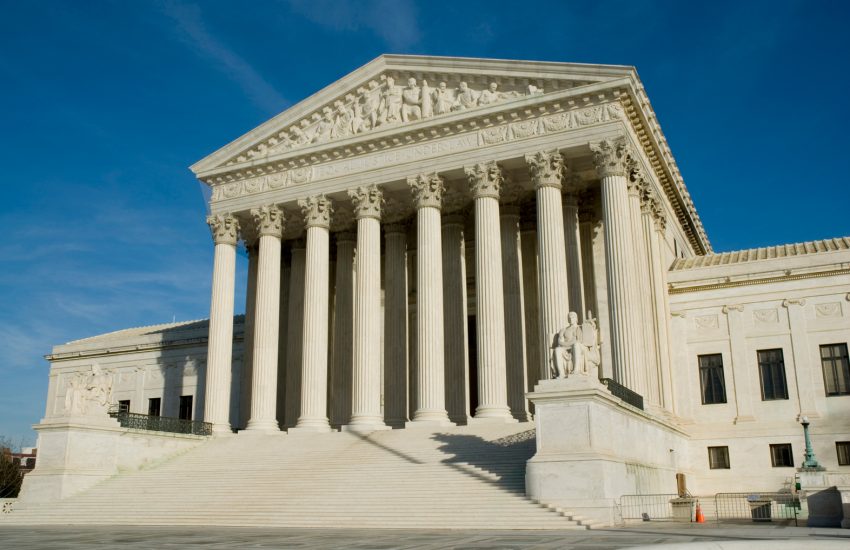Despite California’s most recent, two-year legislative session ending on September 1 with a flurry of new bills aimed at fighting global warming getting passed, one noticeable bill failed to pass on the last day. Senator Scott Wiener’s S.B. 260, i.e., California’s Climate Corporate Accountability Act, died on the legislative floor by one vote. Co-authored by Senator Henry Stern, S.B. 260 would have been the nation’s first-ever mandatory requirement for large corporations to disclose their greenhouse emissions.
Had it been enacted, California’s legislation would have set …
Continue Reading









